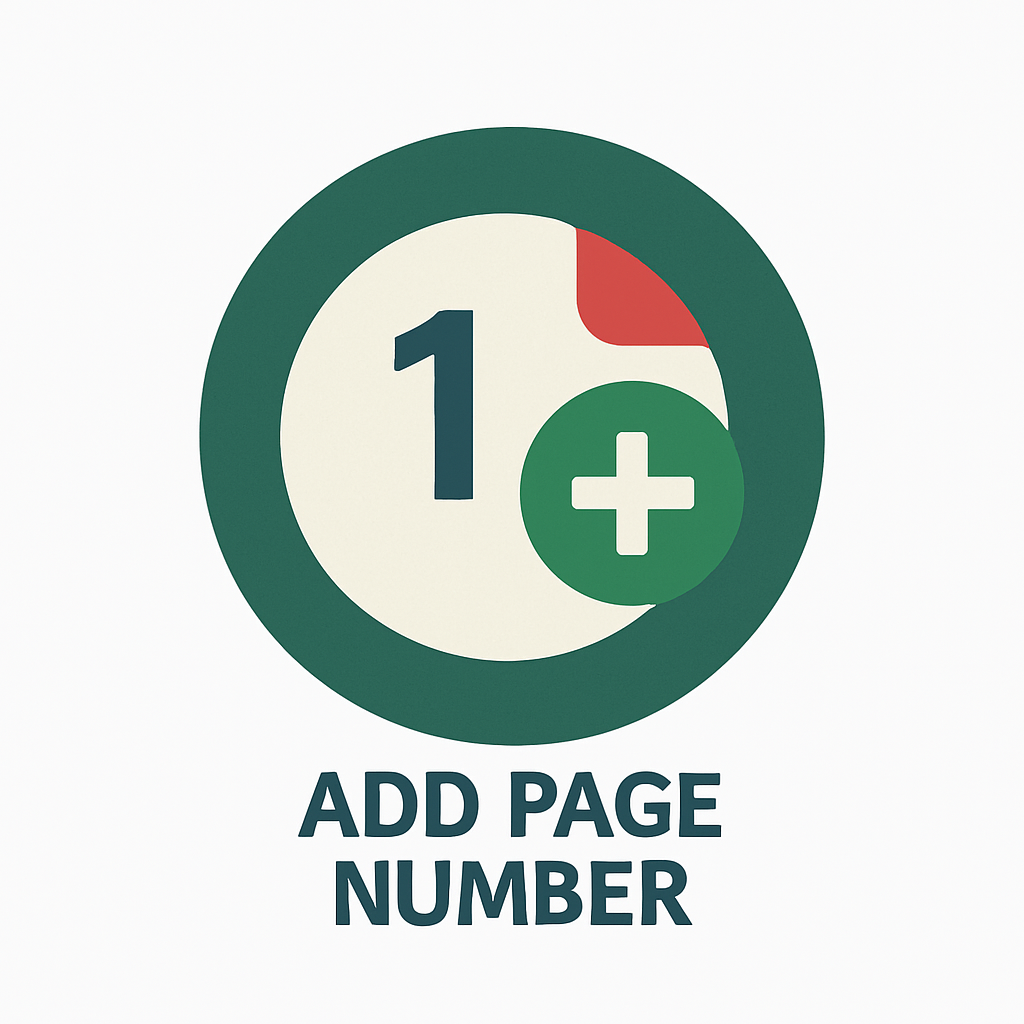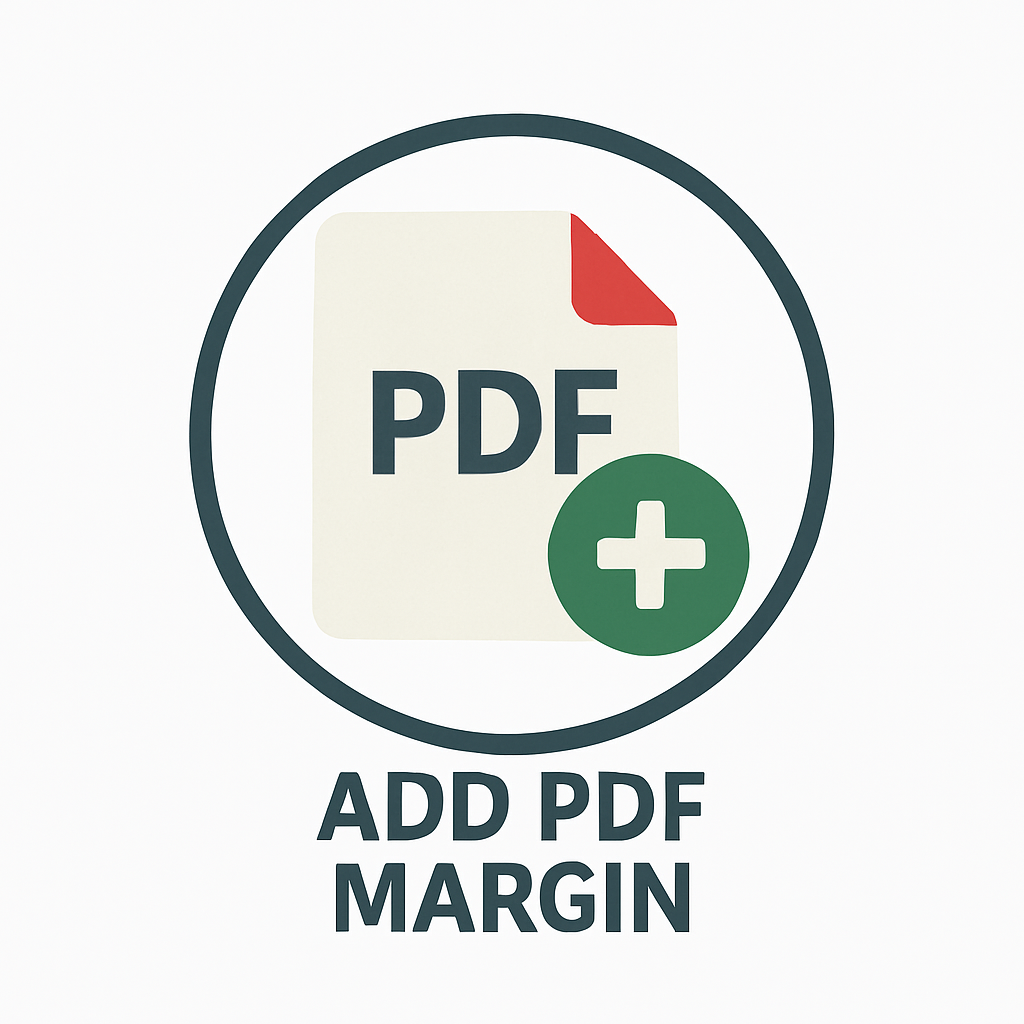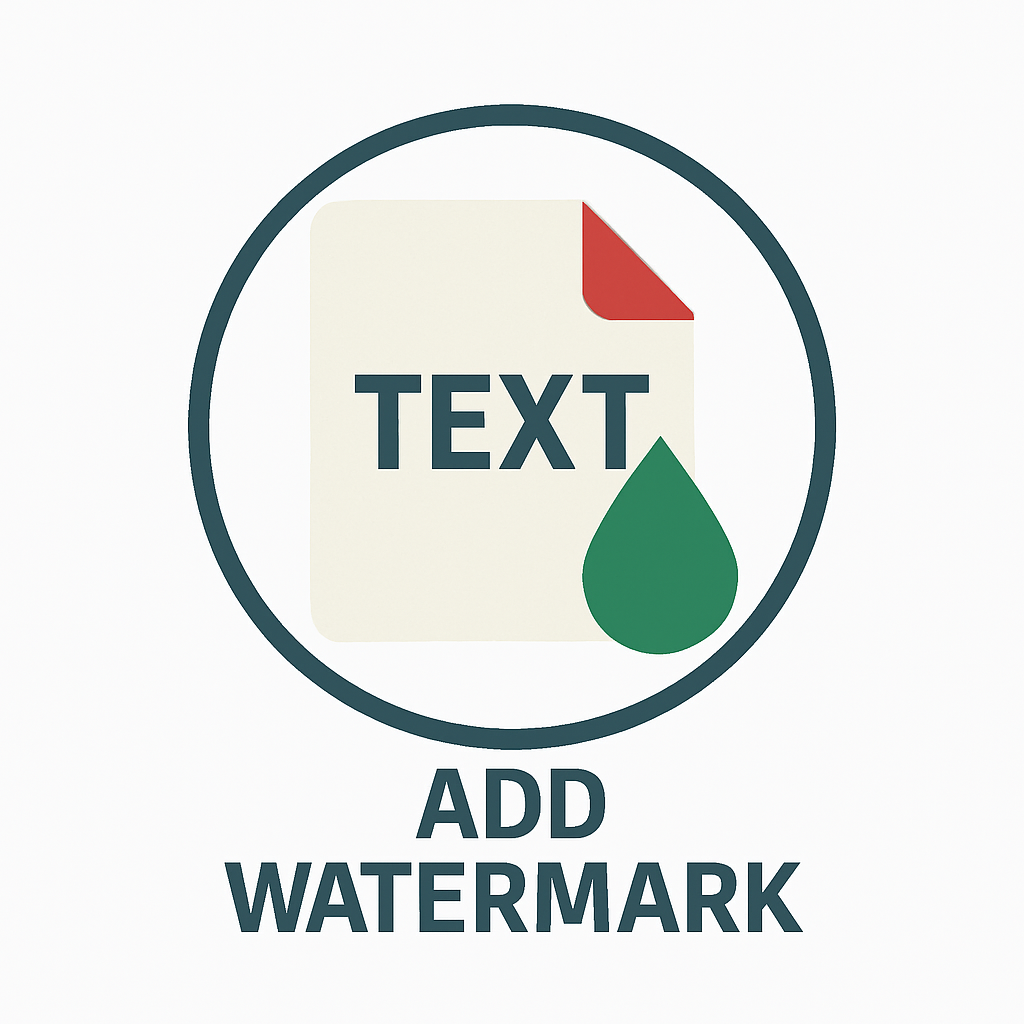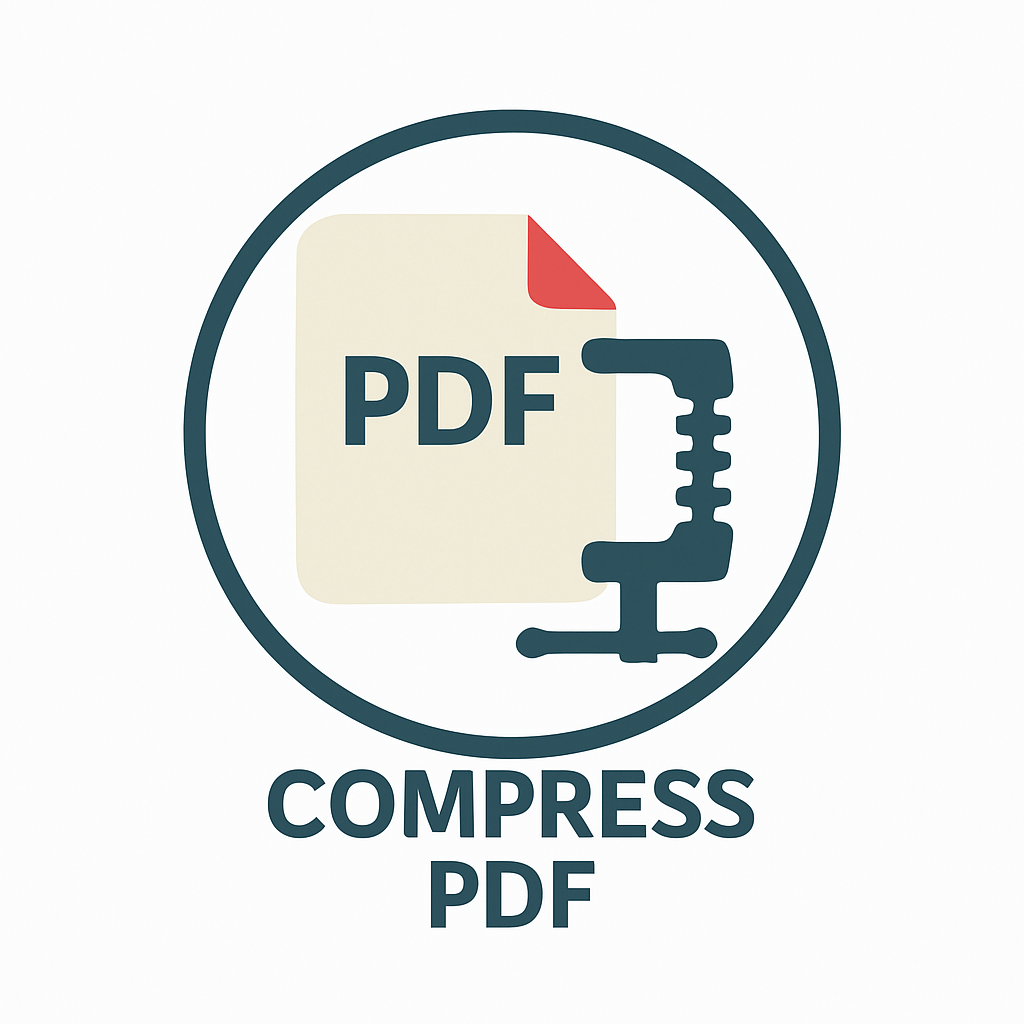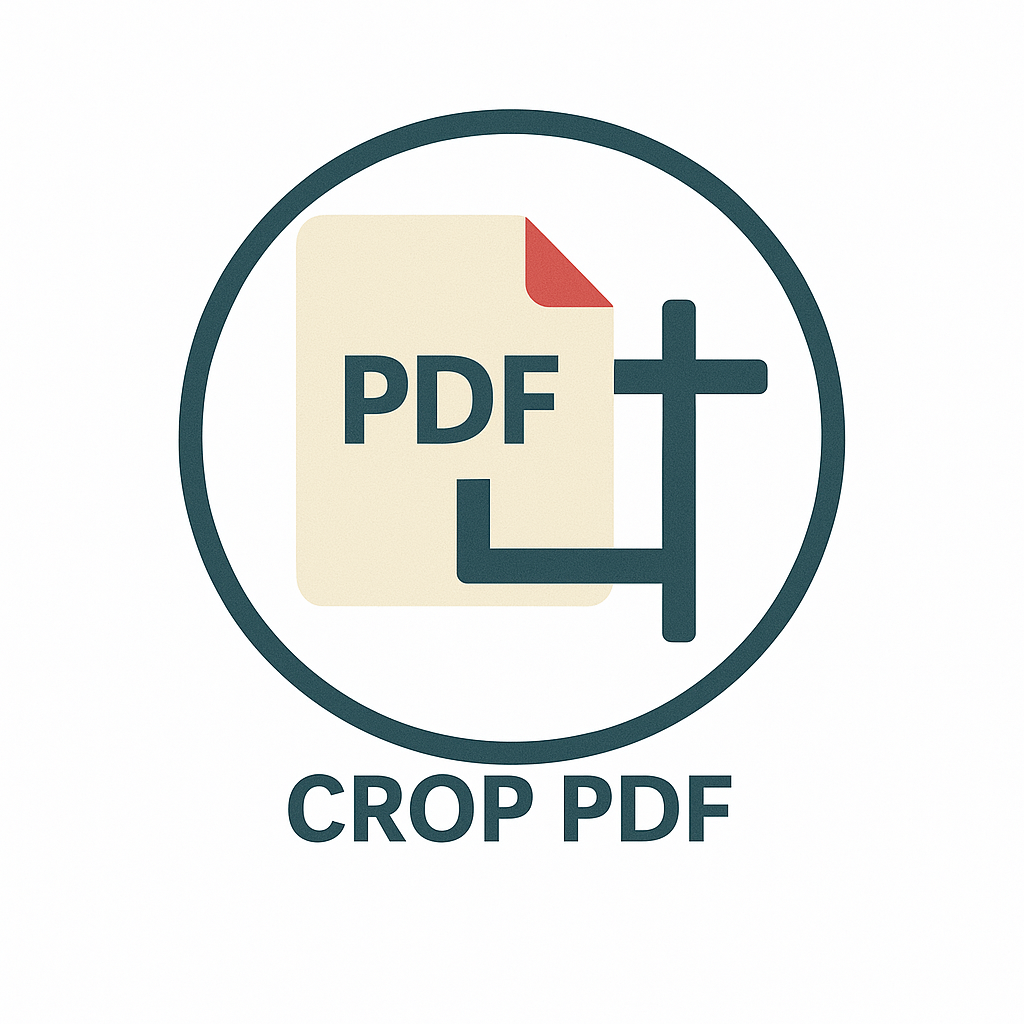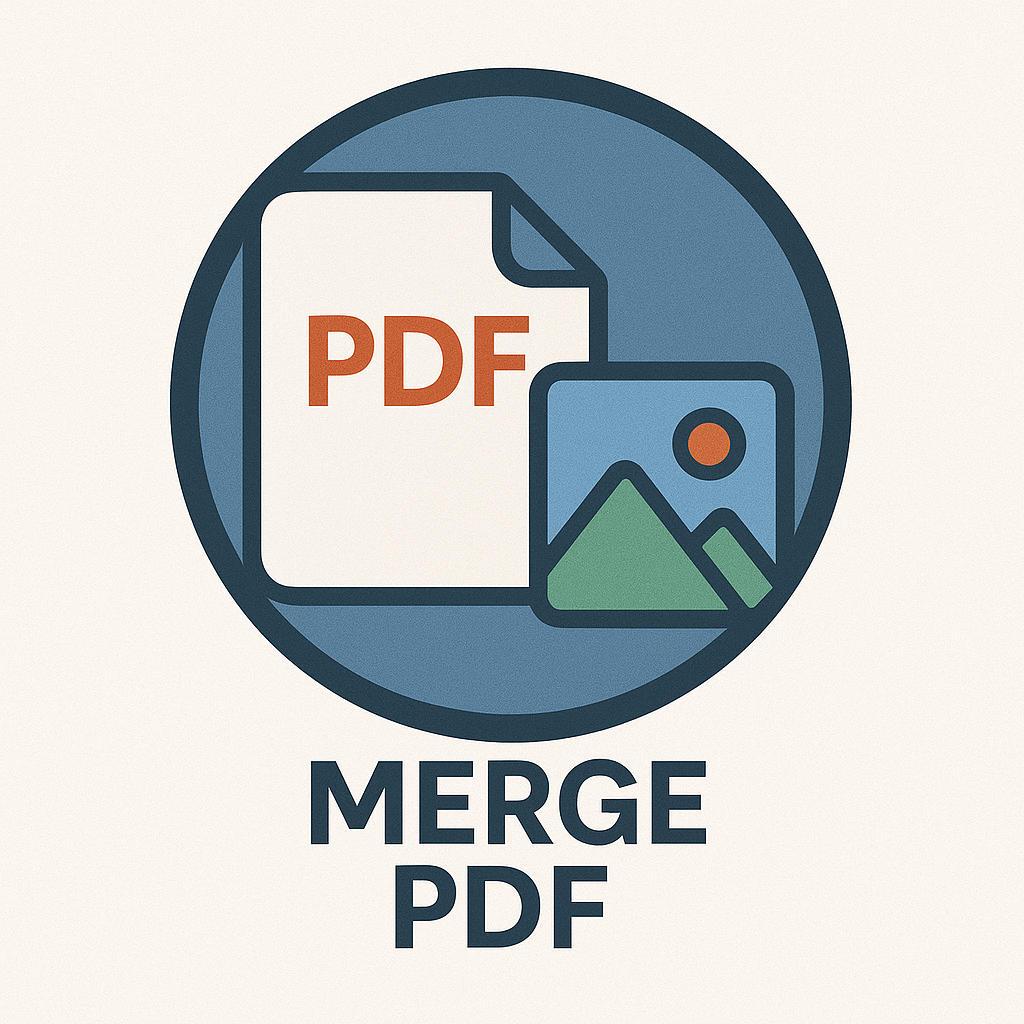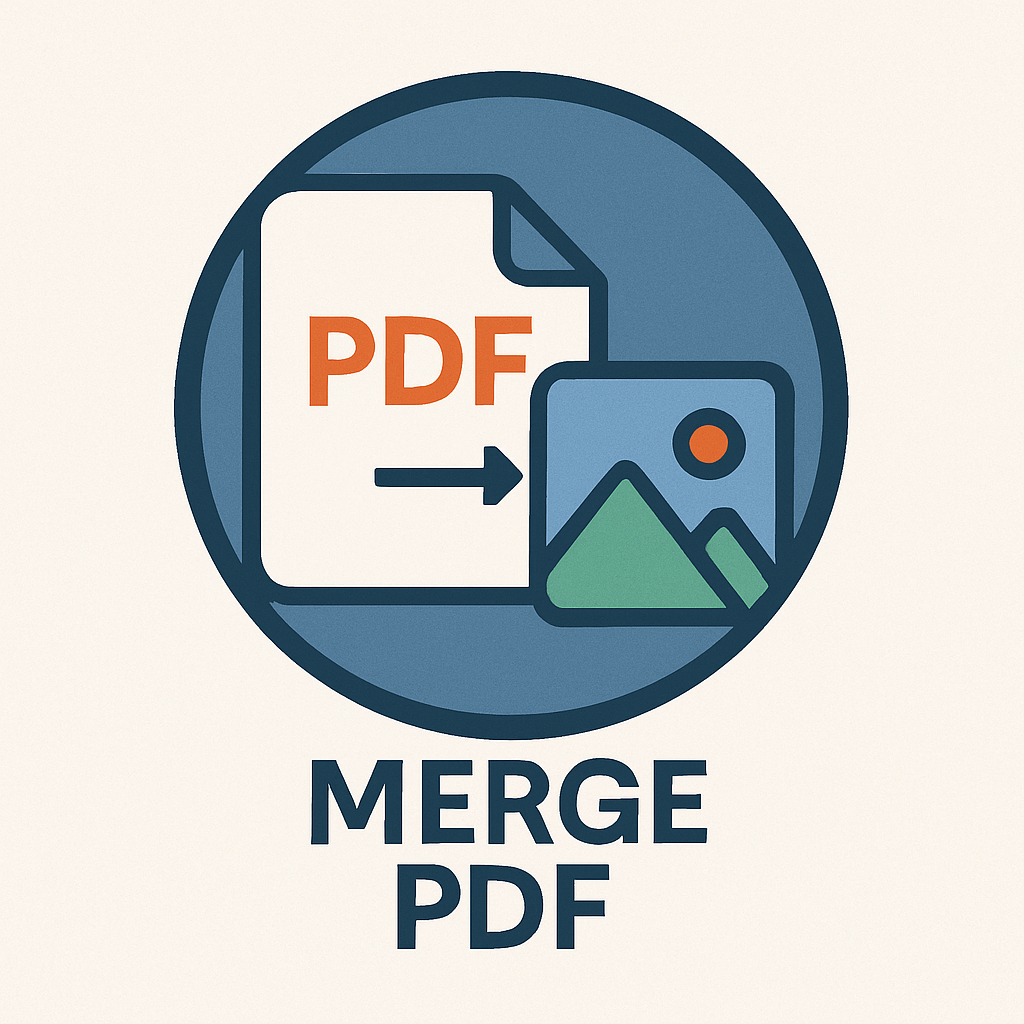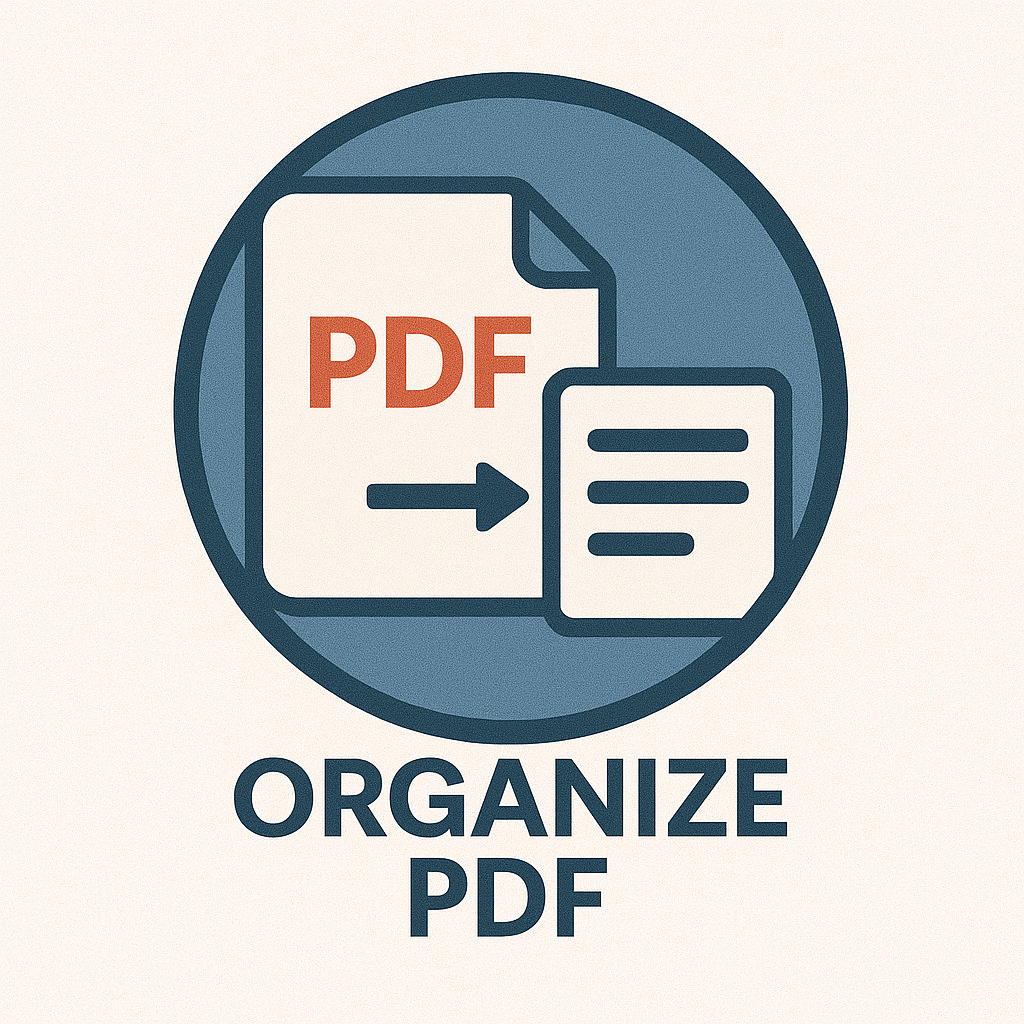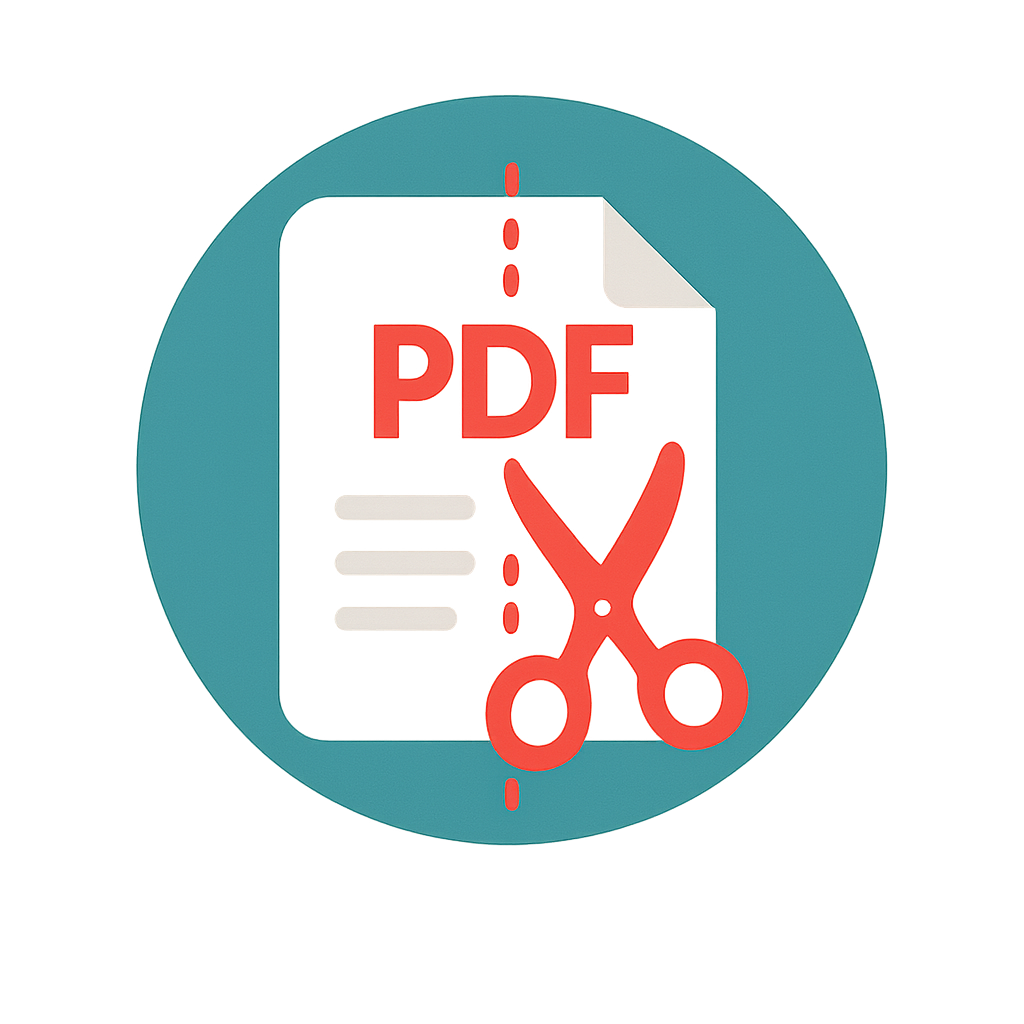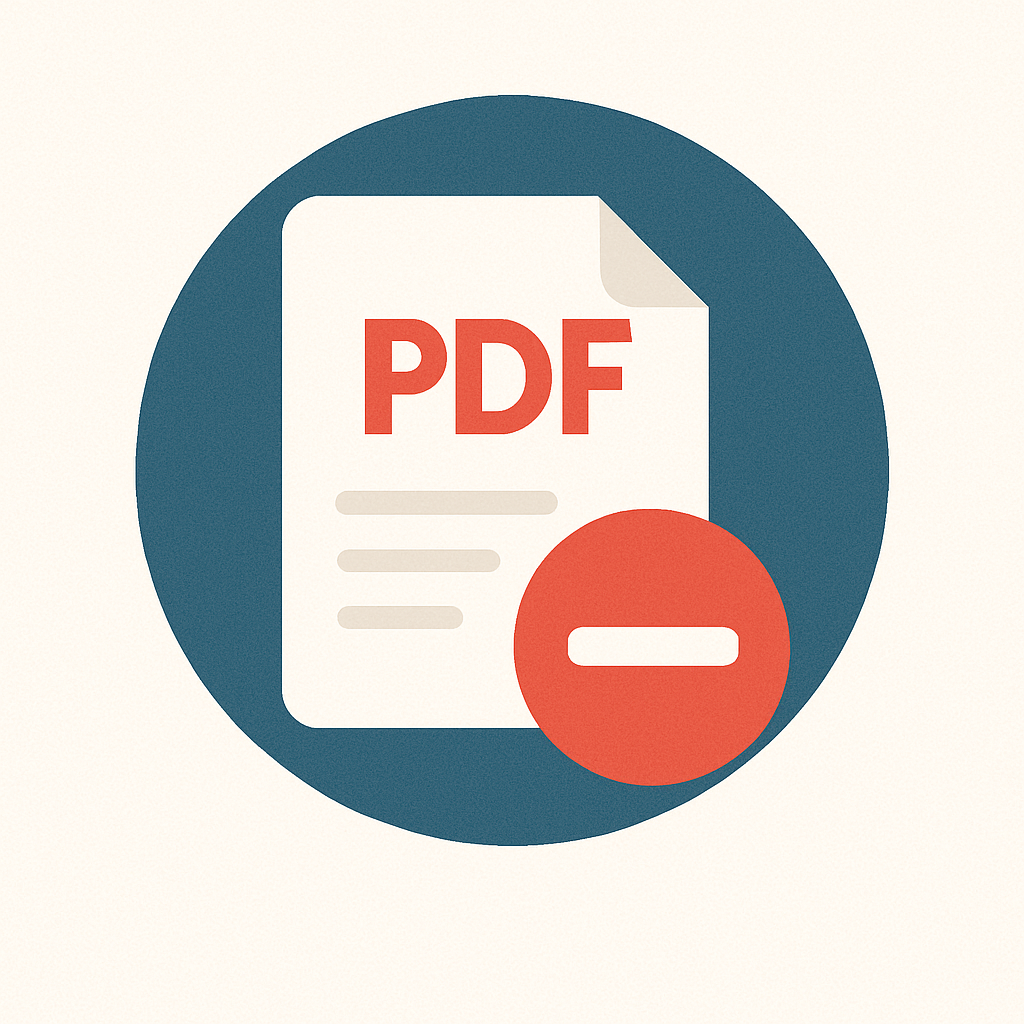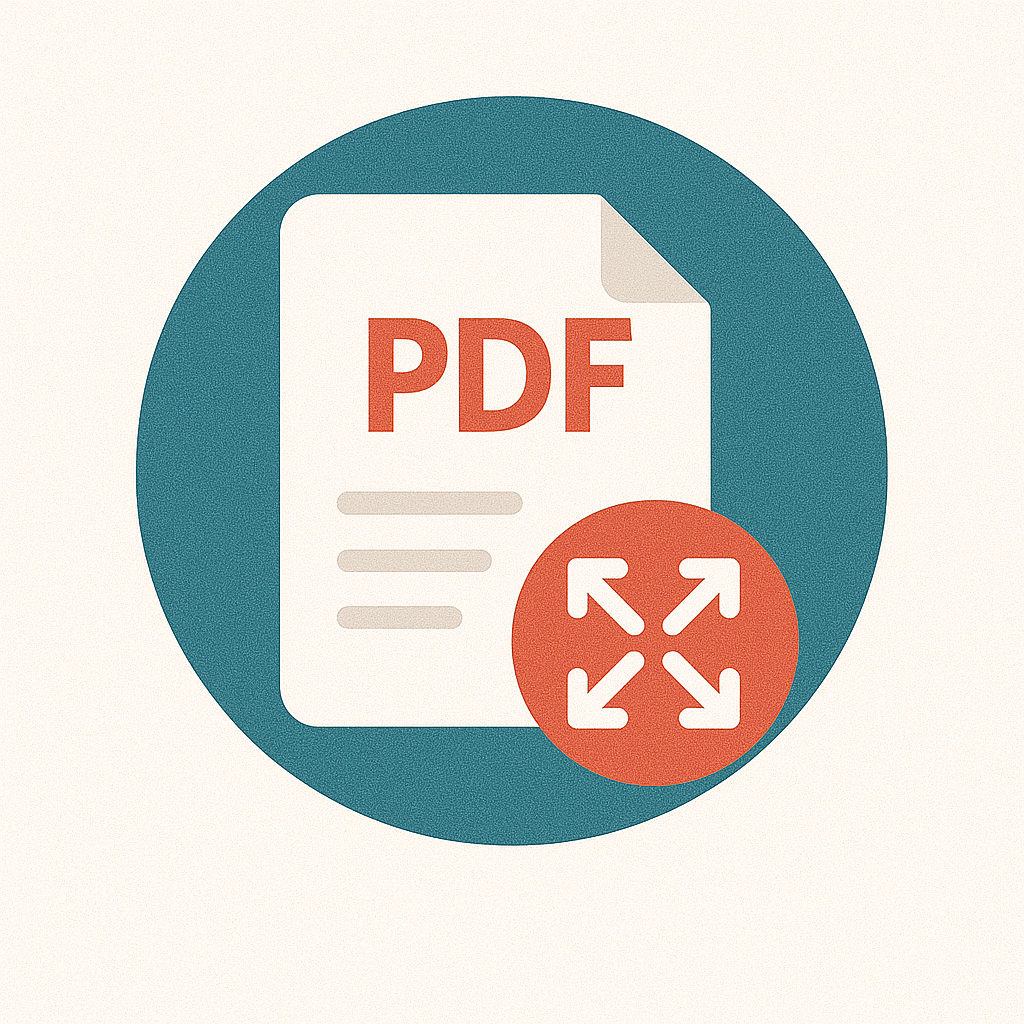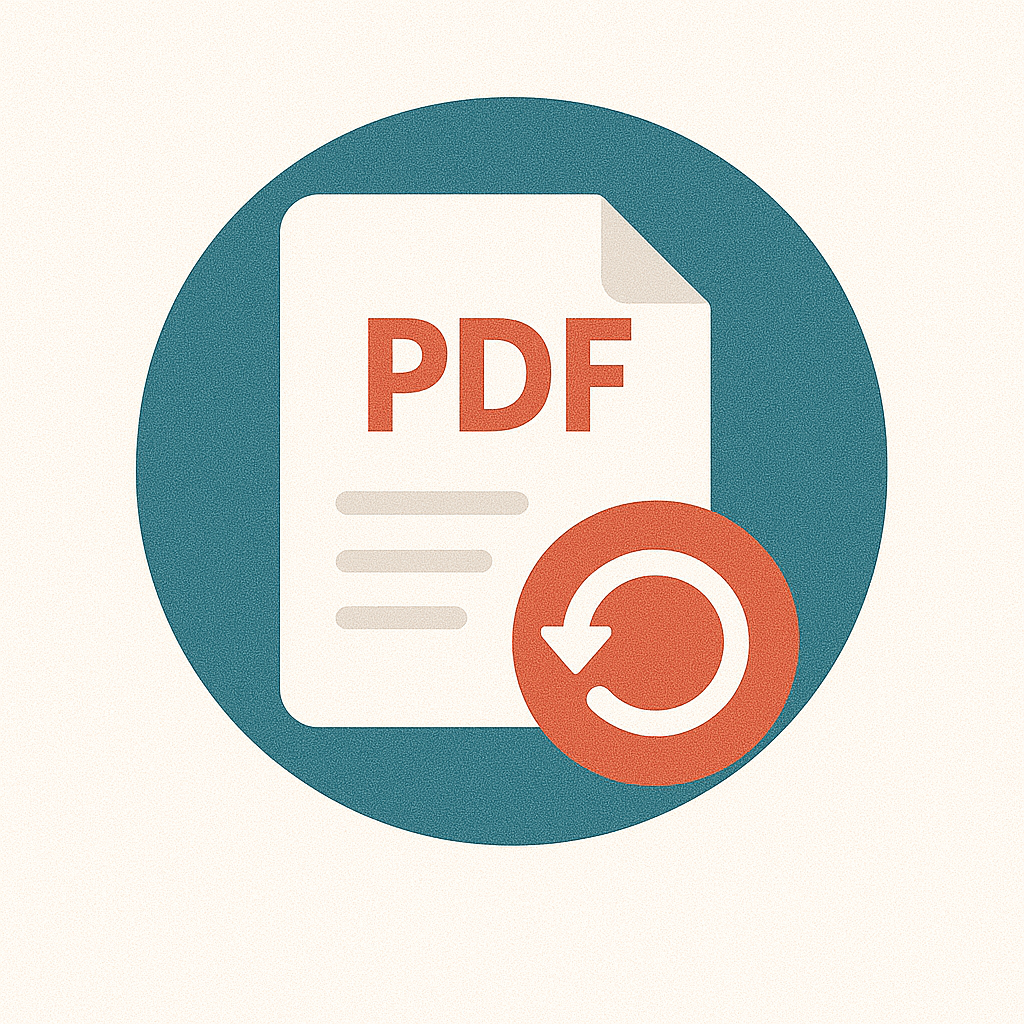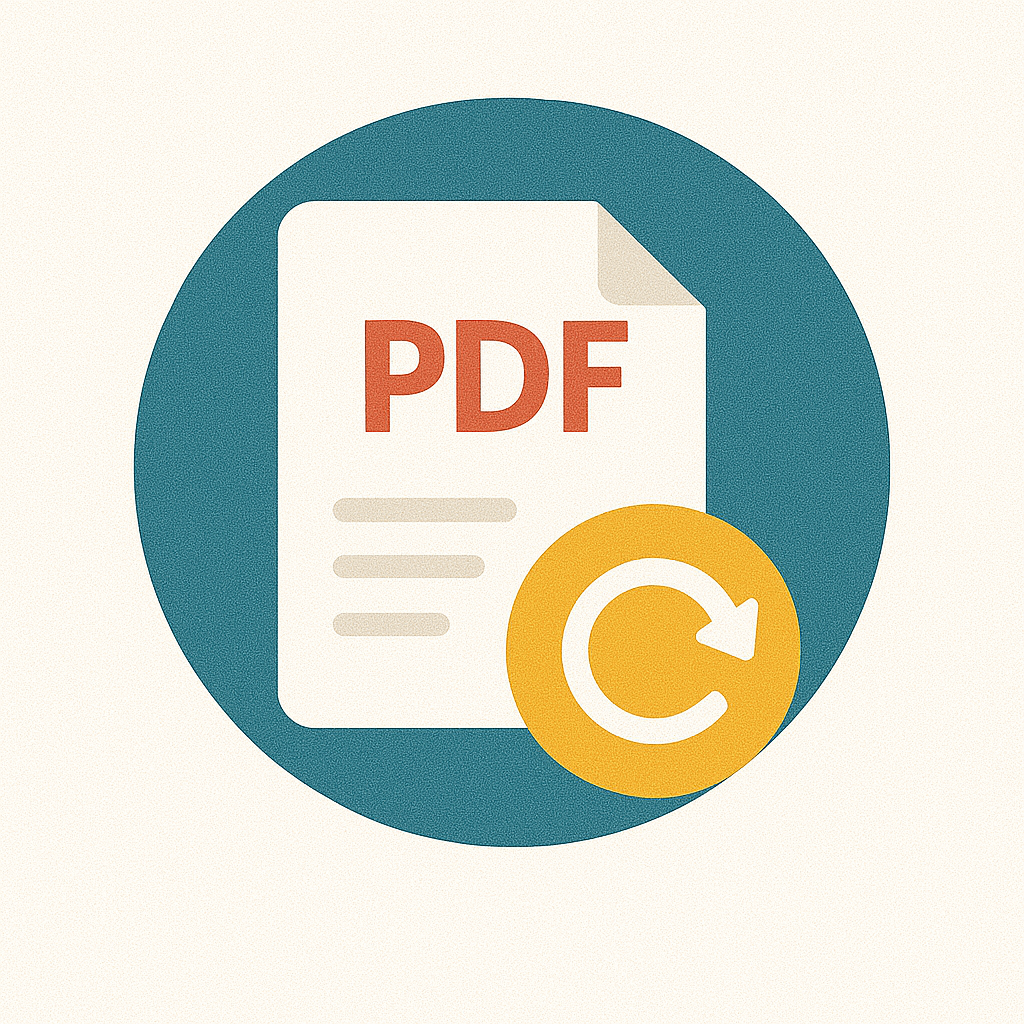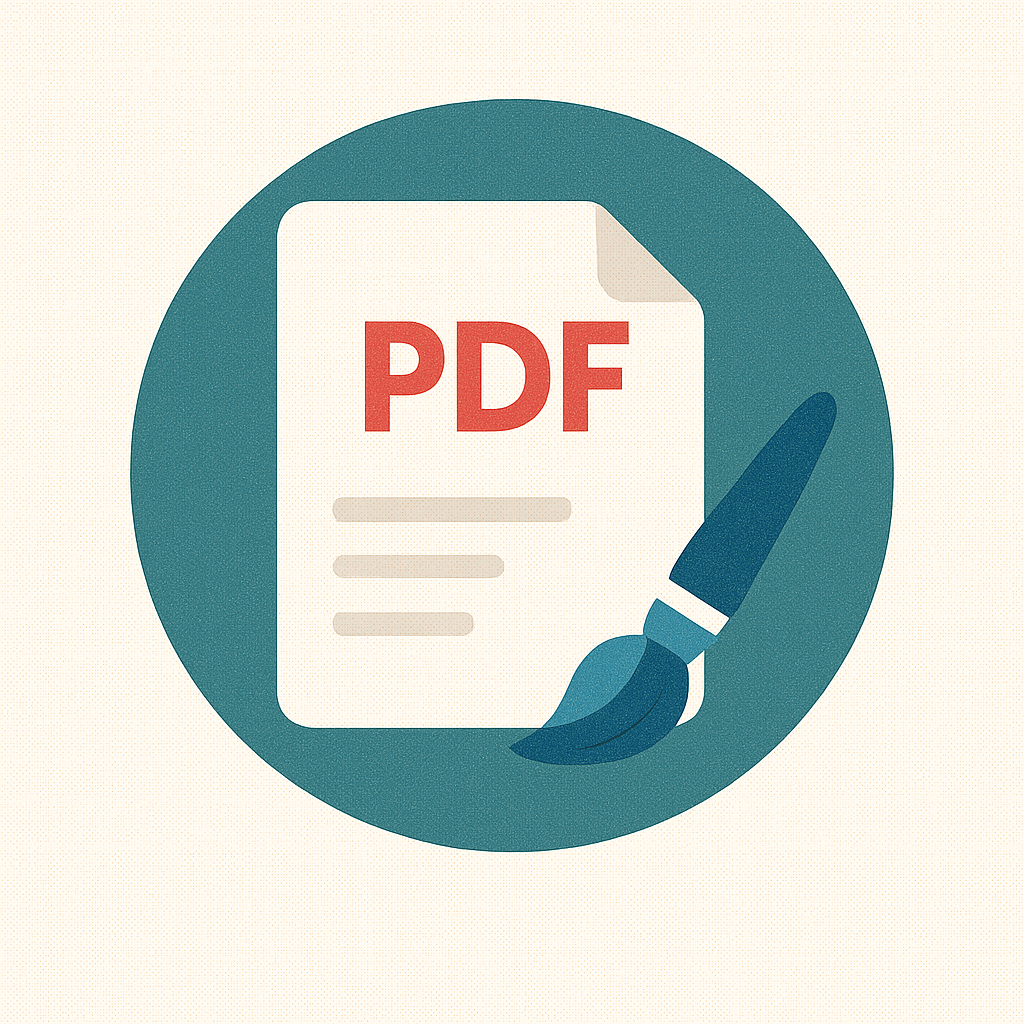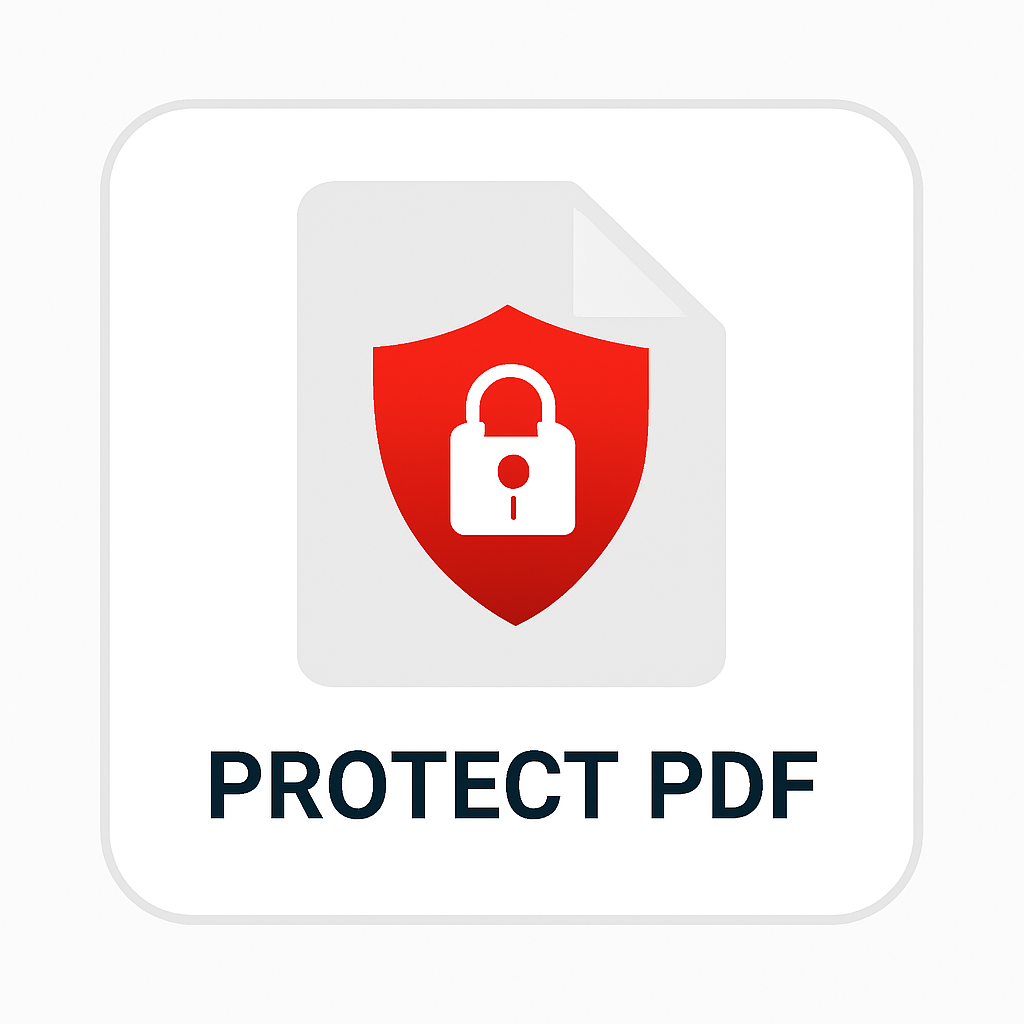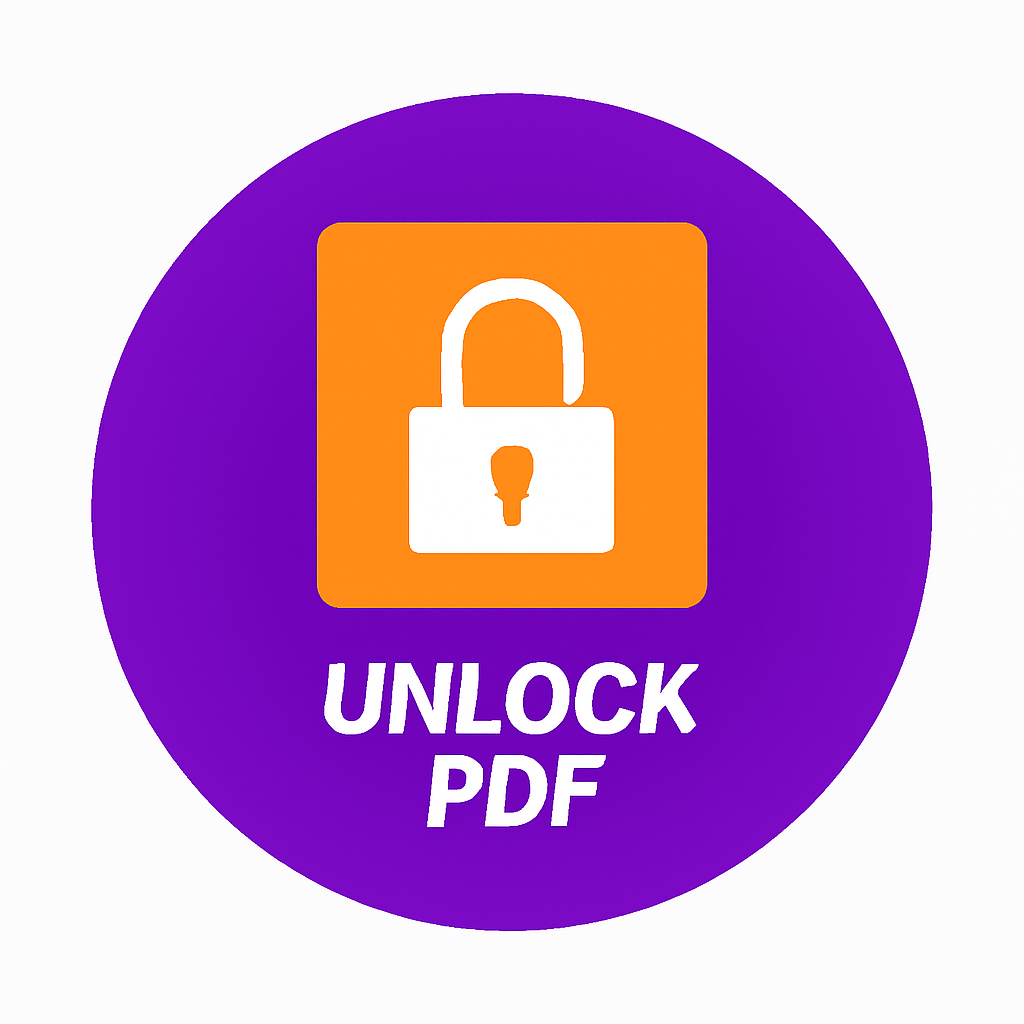Want to turn your PDF files into structured data? Use our PDF to JSON Converter to extract text, layout, and metadata from any PDF document and convert it into clean, machine-readable JSON. Whether you're working with invoices, reports, scanned pages, or digital forms, this tool helps you get the data out in a format you can actually use.
What Does a PDF to JSON Converter Do?
A PDF to JSON converter reads the contents of a PDF file and transforms it into a JSON object. This includes text, coordinates, font info, and metadata. JSON format is easy to read, code-friendly, and ideal for feeding into APIs, databases, or automation tools.
Control How Your Data Is Extracted
Our converter is flexible. You can fine-tune the output to match your project. Choose from different modes and include just what you need.
- Output format: Get structured JSON, raw text only, or metadata-only formats.
- Page range: Extract from the full PDF or selected pages.
- Text extraction options:
- Include plain text content
- Include document metadata (author, title, creation date, etc.)
- Include text coordinates for layout-based processing
Why Convert PDF to JSON?
- Extract structured data: Make PDFs useful for code, APIs, or automation.
- Use in programming: JSON works well in Python, JavaScript, and web apps.
- Automate workflows: Feed extracted data into databases or reports.
- Avoid manual copying: Save hours by auto-extracting important content.
How to Use the PDF to JSON Converter
- Upload your PDF file.
- Select your output type: structured JSON, raw text, or metadata only.
- Choose page range and extraction details.
- Click "Convert to JSON."
- Download the JSON file and start using it in your app or workflow.
The tool processes both native PDFs and scanned documents. For best results, start with a clean, text-based file.
Who Should Use This Tool?
- Developers: Use extracted content in applications, dashboards, or search tools.
- Data analysts: Pull structured data for processing and reporting.
- Researchers: Convert academic PDFs into searchable or filterable data.
- Students: Export book or paper content to structure your notes or summaries.
- Automation users: Connect the JSON output with tools like Zapier, Make, or custom scripts.
Tips for Better Results
- Use native, text-based PDFs for cleaner and more accurate output.
- Select text coordinates if you need layout-based mapping for tables or grids.
- Use page range filters to reduce noise and speed up the process.
- Choose metadata-only output if you only need document info, not content.
FAQs
Can this tool extract text from scanned PDFs?
Not yet. Scanned PDFs with images need OCR support, which will be added soon.
What kind of metadata does it include?
The tool can extract author name, title, subject, keywords, creation and modification dates, and file size.
What does "include text coordinates" mean?
It means each piece of text comes with X and Y positions from the original page layout. Useful for layout-aware tools or visual parsing.
Is the JSON output editable?
Yes. Open it in any text or code editor. You can also parse it with JavaScript, Python, or other languages.
Is this tool free to use?
Yes. You can extract data from your PDF and download the JSON without creating an account.
Start Converting Your PDFs to JSON Now
Our PDF to JSON Converter gives you the control and structure needed for real automation and data use. Whether you're extracting text, grabbing metadata, or building workflows, this tool gets your data ready to work with.
Try it now and convert your PDF documents into clean, structured JSON in seconds.
